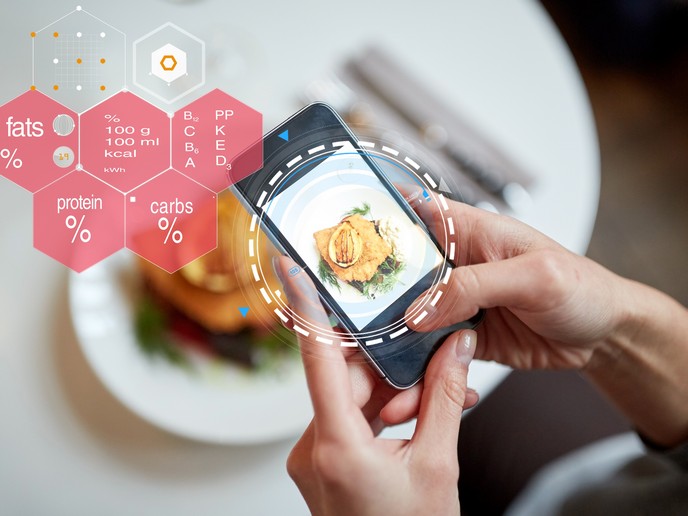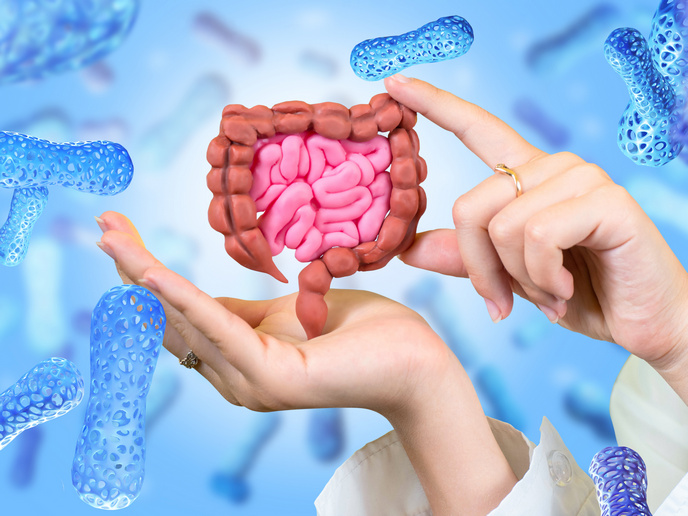AI-based personalised nutrition
The increasingly sedated lifestyle, the place of work and residence as well as other physical and physiological characteristics may influence the nutrition and physical activity of individuals. However, unhealthy eating habits are risk factors for (non communicable diseases) (NCDs), stress and lack of energy and can even cause diseases such as elevated blood pressure, blood cholesterol or insulin resistance.
A mobile application for personalised nutrition plans
The EU-funded PROTEIN(opens in new window) project developed an ICT-based system for providing personalised nutrition and supporting consumers in everyday living. The PROTEIN ecosystem consists of an Android mobile application(opens in new window) for the user and a web-based dashboard for nutritionists and other experts. From a user perspective, the operation of the PROTEIN system is quite straightforward. The user downloads and installs the PROTEIN app, registers with the application, and provides information related to their profile. The system relies on user profile information along with stored and codified domain knowledge to generate appropriate daily and weekly meal and physical activity plans for the user. The system may also combine physical activity data coming from the app and any connected sensors and readjust the suggested plan on a daily and weekly basis. If the users are under the supervision of nutritionists or other healthcare experts, the dashboard offers an overview of all automated suggestions, and the nutritionist may intervene if deemed necessary.
Combining different technologies in one system
“The PROTEIN project successfully integrated various novel technologies in the study of dietary and physical activity behaviour and for promoting and facilitating healthy attitudes,” emphasises project manager Lazaros Gymnopoulos. The consortium collected real-life and scientific evidence on nutrition and physical activity to develop end-user tools. The key goal was to generate customised nutrition and physical activity plans with special attention to individuals at risk for various diseases. Particular emphasis was placed on the correlation of gut microbiome and genetic profile with their dietary and physical activity patterns. Researchers also used AI to develop a recommendation engine(opens in new window) for the automatic creation of dietary and physical activity plans. This AI advisor takes into consideration the user profiles as well as experts’ recommendations on macro- and micronutrient intake. Moreover, the PROTEIN system encompasses a series of novel devices and algorithms for monitoring and studying pre-, during, and post meal behaviour. The role of educational games and gamification towards optimal health and well-being has also been explored during the project.
Linking external sensors to the mobile application
PROTEIN produced a series of concrete innovation assets, including a volatile organic compound(opens in new window) sensor for non-invasive breath analysis of food intake effects(opens in new window) and a wearable smart belt for intestinal functioning assessment. The combination of these sensors with the mobile application offers a non-invasive, fast and affordable screening tool for monitoring users’ nutritional status and for gathering relevant information about their diet and lifestyle. Overall, the PROTEIN application compares favourably in terms of innovation with several popular applications in food/drink and health/fitness categories. It even incorporates a restaurant feature and automated shopping list from meal plans and can engage different population groups across Europe as it is available in seven languages.







